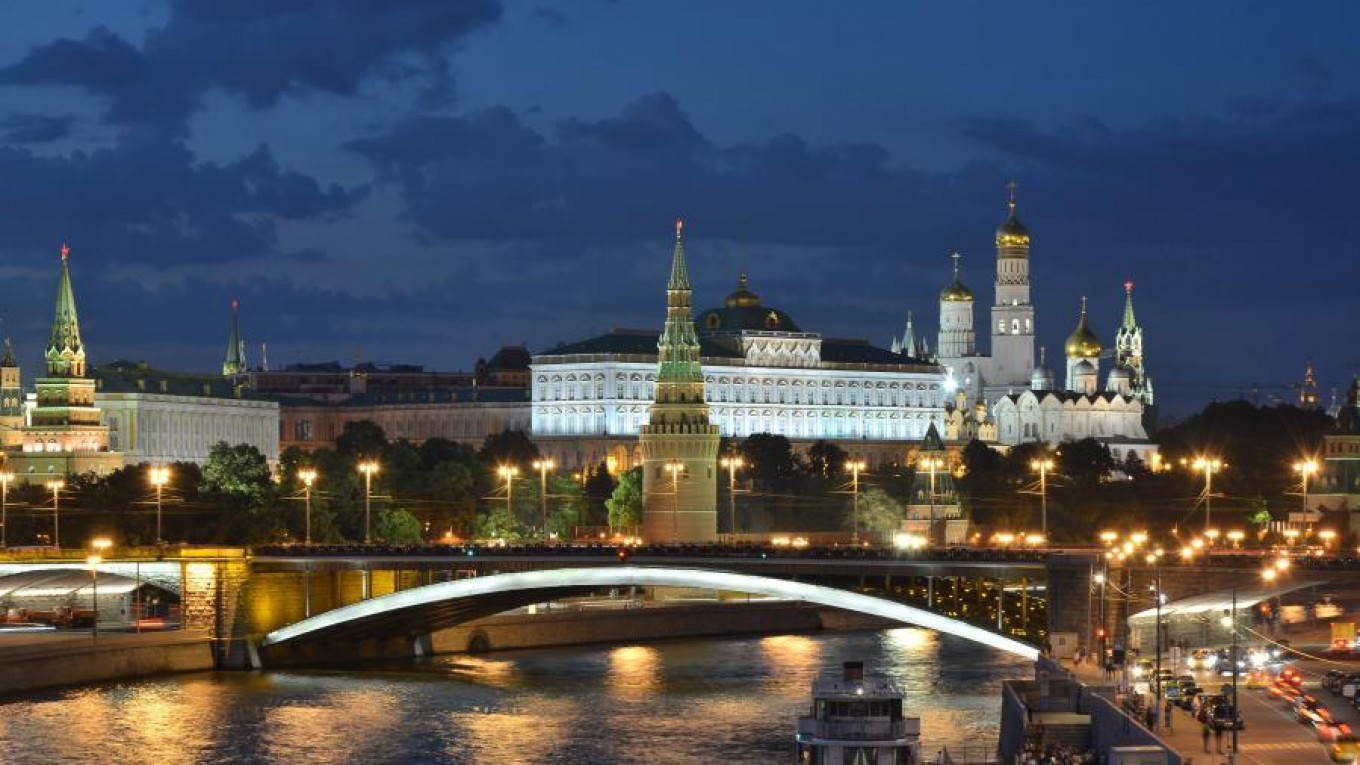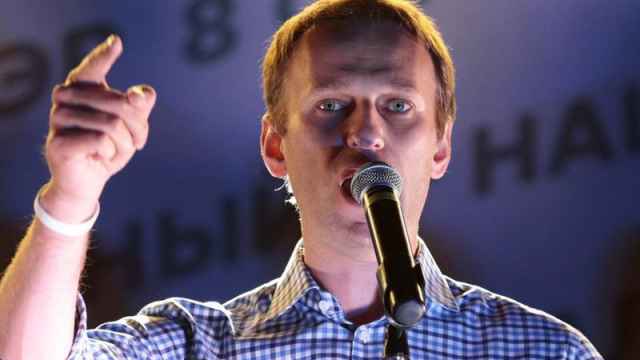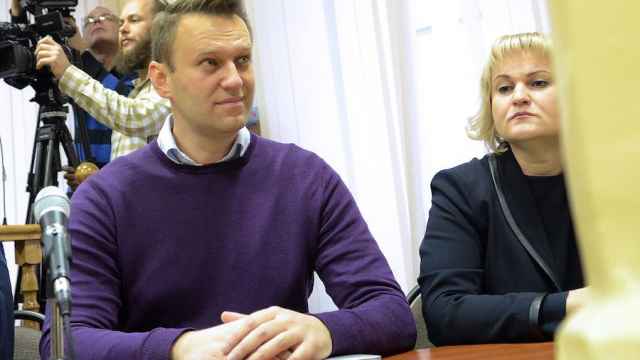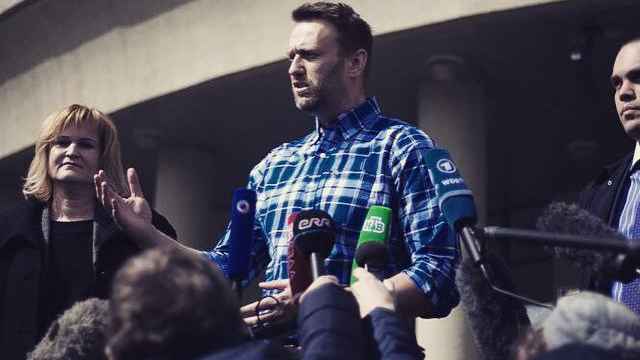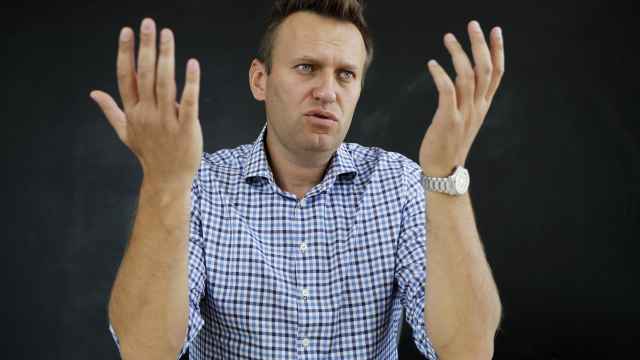2016 was the year in which Russia rediscovered politics. The media began feeding on leaks from senior officials, poorly disguised as “investigative journalism.” Russians can now read about the new villas, yachts, airplanes, and offshore companies that belong to the Kremlin retinue. All this dirty laundry being aired in public suggests there is now a behind-the-scenes power struggle at the top. You could call it “filthy glasnost.”
The Kremlin felt the effect of this trend in September’s parliamentary elections. Paradoxically, even though United Russia, the pro-Kremlin ruling party, did better than ever, the results showed that Russia’s rulers can no longer take public support for granted.
Turnout in the election was low at less than 50 percent, and exit pollsters noticed an interesting trend. Just as a decade ago voters were bashful about declaring their support for far-right leader Vladimir Zhirinovsky, nowadays citizens feel ashamed about declaring that they had cast a vote for United Russia.
Having received less than 20 percent of real support from the electorate, the ruling regime needs to look for a new way of protecting itself. In the process, it has widened the political space in Russia.
Supporters of the Kremlin have formed a new majority in the Duma, but this group of United Russia victors is fragile, diverse, and far from competent. Russia’s rulers had hoped the success of United Russia in the election would be the template for Vladimir Putin himself to score a similar triumph in the presidential election of 2018. The mass of the population would follow instructions from on high and support any changes to the constitution demanded of it.
In actual fact, the new majority in the Duma is more of a problem than it is a useful instrument for the Kremlin. This group of parliamentarians is a kind of haven for various minority political interests and political figures with very different agendas. New factions are crystallizing within factions.
In parallel, domestic politics has merged with global politics. In the summer of 2014, the shooting down of Malaysian airliner MH-17 over eastern Ukraine caused Moscow to seek a strategic escape route out of an escalating military crisis. Within a year, the Kremlin had found its escape route in Syria. As the conflict in the Donbas simmered at a low level, Moscow embarked on a new and eventually successful intervention in the Middle East.
It is possible to bury one crisis by starting another—but not without a trace. A year on, one attempt to get out of Syria and keep Assad in power failed before the Kremlin predictably began to apply in Aleppo the method of bombing it had used to subdue Grozny in 1999–2000.
President Putin often asks people “not to politicize” issues because too much politics prevents him from doing his duty of serving the national interests.
Russia has spent fifteen years living under this regime of depoliticization, in which contending political forces were removed from the public stage. The stage was not empty; it was populated by the decorative figures of a “controlled democracy,” who represented almost nothing and remained there in large part to entertain television audiences. But this theatre of depoliticization has exhausted itself. It came to an end with the murder of Boris Nemtsov in February 2015, when real bloodshed signified something new and different. Change started to occur in Russia’s political life as soon as there were indications that the trail of blood might lead back to Chechnya.
President Putin still has an extremely high approval rating of 82 percent. This is the basis for what some commentators still call a “Putin majority.” But this majority is pliable material for anyone who learns how to play such a large instrument. It consists of several separate political groups that will end up fighting one another.
When you break it down, this “Putin majority” consists of many different unrepresented minorities. If one or two of them are activated, then the anonymous majority will evaporate, and a much more diverse Russia will emerge in its place.
Some opponents of the regime, especially on the left, still cling to the myth of a “protest movement” that will sweep away Russia’s ruling regime. The fact that this utopian protest dream never comes to pass is attributed to the “overpowering force of the regime.” The belief in a conspiracy of protestors is shared by pro-Kremlin forces, the opposition, and the secret police. It makes the Kremlin secretive and suspicious and erodes feelings of loyalty to Russian society.
All this poses a challenge for the intelligence services, including the FSB, from which Putin himself sprang. They face the paradoxical problem that there are currently no serious forces in Russia actively hostile to Putin. This can lead to one of two responses.
The first is for the intelligence services to narrow their field of activities and limit themselves to fighting real conspiracies by extremist forces and potential hostile penetration from abroad. The second response is extremely simple: invent enemies. But if it is activated, it will be impossible to stop at the status quo. The authorities will have to go even further, mobilizing television and small groups of thugs that are always ready to act on their behalf to neutralize perceived enemies of the state.
As far as Russia’s liberal opposition is concerned, the main issue is not that it is not powerful or not competent. The main problem is that it has ceased to act as an obstacle to the follies that the regime commits.
Opposition crusader Alexei Navalny speaks of a democratic electorate that constitutes “up to 25 percent in large cities”; thereby imagining that all democrats have an allegiance to a single democratic movement. In actual fact, the myth of a united democratic electorate is just as false as the myth of a “Putin majority,” and indicative of a failing strategy. Russia’s democratic voters are confrontational and heterogeneous, and their organized groups do not want to deal with one another.
Formerly, the Kremlin may not have understood Russia, but at least it understood how to keep control and the boundaries of what was possible. Now that the boundaries of the possible have been swept away by the crises in the world, the Kremlin is acting without restraint.
All that remains is the unpredictable future. A time of transition is coming, with unknown political agendas. Poor Putin, what a joke history is playing on him! He is a dreamy conservative who is getting old, and now he is heading for a fateful encounter with a Russia that is still of working age and that is not afraid either of the difficulties of life or of himself. The country is heading somewhere new. At any rate, it is heading to a different place from the one Putin recognizes.



